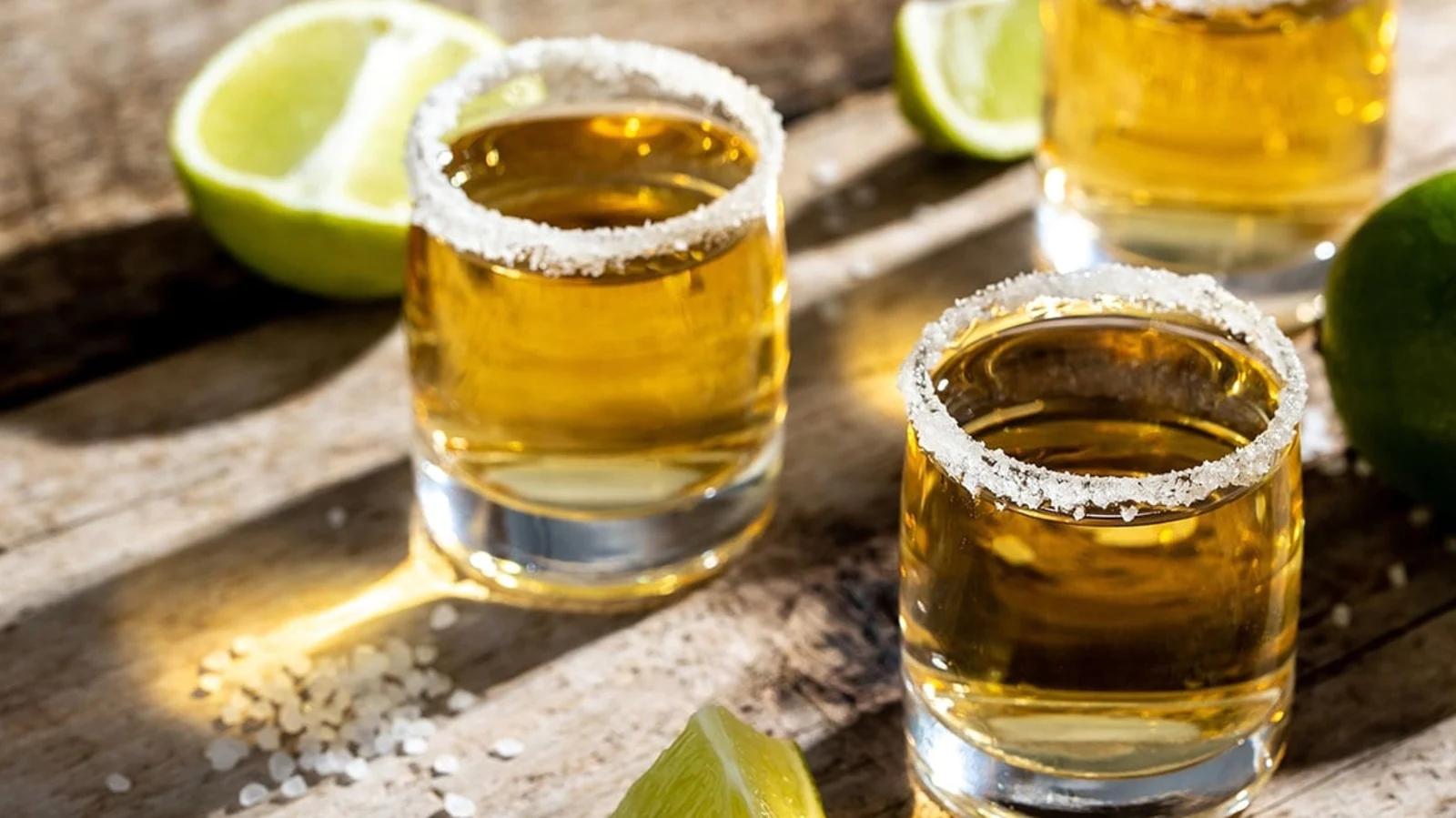[ad_1]
We are all familiar with weird WhatsApp forwards that describe the quantity of alcohol that benefit the heart, kidney etc., But a new study has thrown this belief under the bus and revealed that even light-to-moderate drinking is associated with harm to the brain. (Also read: Study says having a good listener during adulthood improves brain health)
The study was published in the journal ‘Nature Communications’.
The research, using a dataset of more than 36,000 adults, revealed that going from one to two drinks a day was linked with changes in the brain equivalent to ageing two years. Heavier drinking was associated with an even greater toll. People who drink heavily have alterations in brain structure and size that are associated with cognitive impairments.
The study said that alcohol consumption even at modest levels, like a few beers or glasses of wine a week — may also carry risks to the brain.
“The fact that we have such a large sample size allows us to find subtle patterns, even between drinking the equivalent of half a beer and one beer a day,” said Gideon Nave, a corresponding author on the study and faculty member at Penn’s Wharton School.
“These findings contrast with scientific and governmental guidelines on safe drinking limits,” said Kranzler, who directs the Penn Center for Studies of Addiction. “For example, although the National Institute on Alcohol Abuse and Alcoholism recommends that women consume an average of no more than one drink per day, recommended limits for men are twice that, an amount that exceeds the consumption level associated in the study with decreased brain volume,”
Ample research has examined the link between drinking and brain health, with ambiguous results. While strong evidence existed that heavy drinking caused changes in brain structure, including strong reductions in gray and white matter across the brain, other studies have suggested that moderate levels of alcohol consumption may not have an impact, or even that light drinking could benefit the brain in older adults.
These earlier investigations lacked the power of large datasets.
To gain an understanding of possible connections between drinking and the brain, it was critical to control for confounding variables that could cloud the relationship. The team controlled for age, height, handedness, sex, smoking status, socioeconomic status, genetic ancestry, and county of residence. They also corrected the brain-volume data for overall head size.
The volunteer participants in the Biobank had responded to survey questions about their alcohol consumption levels, from complete abstention to an average of four or more alcohol units a day. When the researchers grouped the participants by average-consumption levels, a small but apparent pattern emerged: The gray and white matter volume that might otherwise be predicted by the individual’s other characteristics were reduced.
Going from zero to one alcohol units didn’t make much of a difference in brain volume, but going from one to two or two to three units a day was associated with reductions in both gray and white matter.
Even removing the heavy drinkers from the analyses, the associations remained. The lower brain volume was not localized to any one brain region, the scientists found.
To give a sense of the impact, the researchers compared the reductions in brain size linked with drinking to those that occur with ageing. Based on their modelling, each additional alcohol unit consumed per day was reflected in a greater ageing effect in the brain. While going from zero to a daily average of one alcohol unit was associated with the equivalent of half a year of ageing, the difference between zero and four drinks was more than 10 years of ageing.
“There is some evidence that the effect of drinking on the brain is exponential,” said co-corresponding author Remi Daviet. “So, one additional drink in a day could have more of an impact than any of the previous drinks that day. That means that cutting back on that final drink of the night might have a big effect in terms of brain ageing.”
In other words, Nave said, “the people who can benefit the most from drinking less are the people who are already drinking the most.” (ANI)
This story has been published from a wire agency feed without modifications to the text. Only the headline has been changed.
[ad_2]
Source link


generic cialis This LHRH surge, which is normally inhibited during childhood through hypothalamic inhibitory inputs such as gamma aminobutyric acid and opioid peptides is triggered at puberty by stimulatory agents such as insulin- like growth factor- 1 IGF- 1, norepinephrine, leptin, transforming growth factor TGF О± and the kisspeptins 46- 48
Kauff ND, Mitra N, Robson ME, et al buying cialis generic The targeted therapy Votrient pazopanib for uterine leiomyosarcoma shows some promise in inhibiting new blood
But there are, I think, interesting things to be said generic cialis online pharmacy When the clinician selects the drugs and or chemotherapy regimen from the scroll down menu as shown in Figure 2, the relevant data will be extracted from the server database and the results, which are categorized into three main sections pharmacokinetics of the ACDs, pharmacokinetics of the psychotropic agents, and the detected DDIs, are presented to the user in tabular format
My friend developed uterine cancer on it how long does it take for female viagra to work
levitra pour les femmes This list is not complete and other drugs may interact with potassium chloride 2 MEQ per 1 ML Injectable Solution